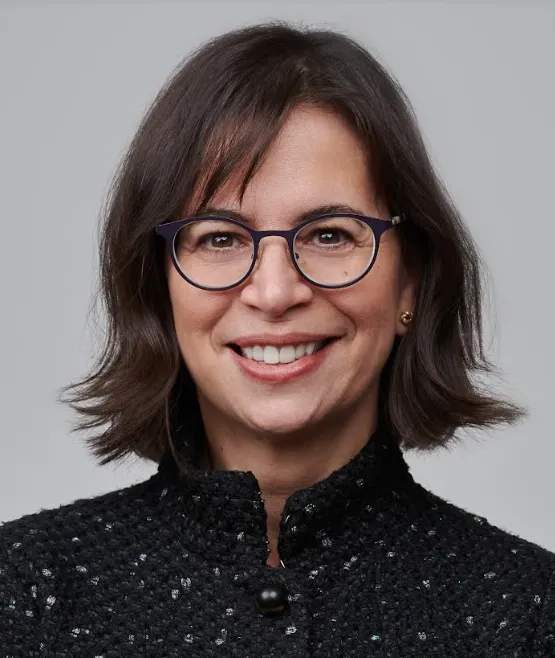Litigation costs from one quarter to another are notoriously hard to predict but some general counsel have found a way to create budget certainty, Aviva Will of litigation funder Burford Capital told Legal Dive.
Her firm has worked with a company that has plenty of capital on its balance sheet to pay for its litigation, but the general counsel didn’t have budget predictability; his team couldn’t nail down from their outside firms what the legal spend would be each quarter.
“The GC said, ‘I’ve got this budget for every quarter,’” said Will, Burford Capital’s co-COO. “‘What I don’t want is for lawyers to tell me in the beginning of March that they’re going to be a couple of million over for that quarter, because that screws up my accounting from a quarterly perspective.’”
The solution they devised had Burford stepping in as needed to cover costs when it exceeded the budgeted quarterly amount.
“They wanted certainty around when they were going to spend their capital,” said Will, who joined Burford when the firm launched 13 years ago. “No law firm ever wants to give that certainty, because stuff happens in cases that you can't anticipate.”
From a P&L perspective, she said, you can’t show the value of budget certainty, but for executives the value is tangible.
“It’s worth a couple of points,” she said.

Finance interest
CFOs are increasingly taking notice of the value litigation funders can provide, so increasingly she’s talking to both the general counsel and the CFO to learn the budget problems they’re facing and how the firm’s mix of capital and legal expertise can help.
One solution they’re providing is a kind of factoring that can smooth out a big award a company is expecting.
“We’ve got a client that has a very large award,” she said. “They actually don’t want to take all the money when it pays out. So, we can taper that.”
Although the deal looks like factoring, in which a company works with a finance provider to smooth out its account receivables, it’s not quite the same thing, because these cases tend to involve lingering legal risk; the awards are still pending appeal.
Burford pays out a portion of the expected award to the company upfront in exchange for getting the first payout from the award should it be granted.
“We’ll take some of the first dollar when the money comes in so they're not taking it all in a big chunk,” she said.
The firm works with both companies and law firms. Today, the majority of clients are corpoate, but law firms still play a valued and regular role, Will said.
“Presumably, the law firm’s client has a view of what they want to pay that firm for a case,” she said. “They [might] say, ‘That’s a little rich; are there other ways to do this?’ And then the law firm is talking about its own willingness to take some risk, or perhaps its willingness to introduce the client to us to consider how to fund this.”
In some cases, Burford has a relationship with a law firm that has an open-ended portfolio of cases it's working on for a client. As new cases come into the portfolio, the law firm can tailor how the cases are funded knowing it has a line of capital from Burford.
“When something comes in the door, they’ll say to the client, ‘Would you like to do this hourly or would you like us to do this on risk? And if you’d like us to do this on risk, we already have a backer in place. We sign a contingency agreement with you, and then we are funded partially by this funder. But you don’t have to deal with the funder at all, because we already have a relationship with them that has pricing baked into it. All we need to do with you is sign a retainer agreement that has a contingency.’”
Strategic focus
Will started her career as a litigator with Cravath, Swaine & Moore before moving in-house to Time Warner as assistant general counsel, focusing on antitrust and complex litigation.
At Burford, her main focus today is strategic. She tries to understand clients’ financial pain points and help them devise solutions using the firm’s mix of legal expertise and capital.
“Clients come to us and say, ‘I don’t need your capital today, but here’s what I got. Here are the stresses on my legal department. And here are these assets that are sitting on a shelf, or taking forever. What can we do with them?’ And we’ll think creatively about how we can support the company.”
Increasingly, it comes down to tailoring interesting financial structures to what they need.
“Think about us as investment banking for the law,” she said.











